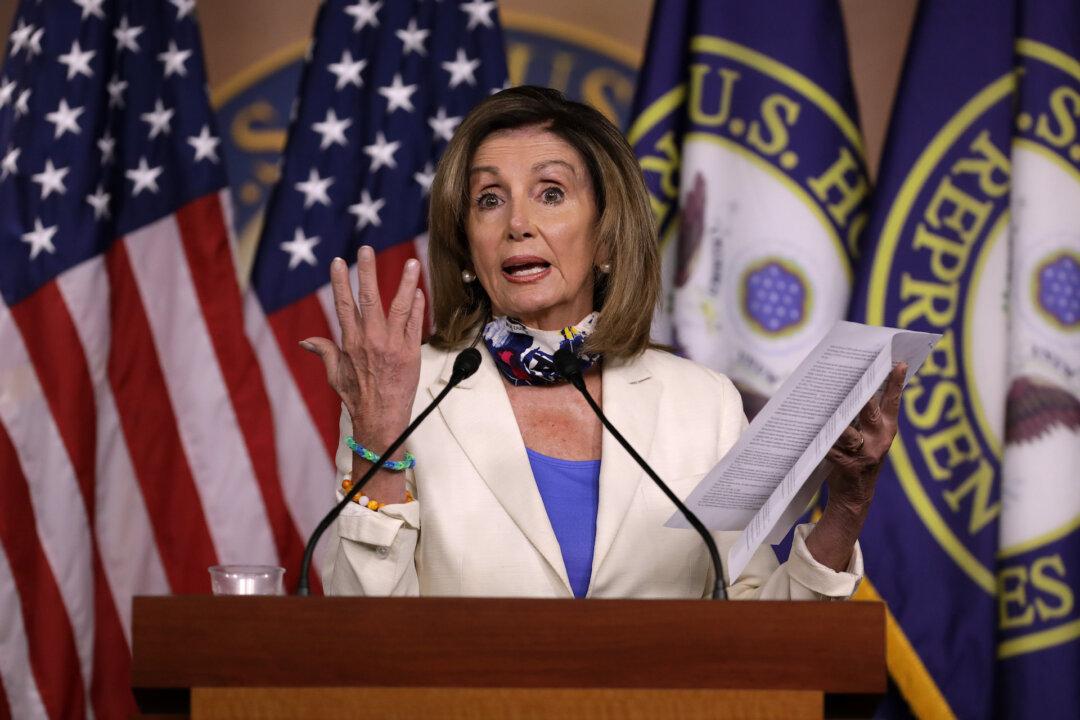Senate Republicans negotiating another CCP virus recovery bill with House Democrats are being warned against agreeing to a compromise that includes billions of tax dollars for failing blue-state public employee union pensions.
National Right to Work Committee (NRTW) President Mark Mix told The Epoch Times on July 23 that his group is pushing hard to give strength to Senate Republicans facing tough reelection battles in November.





